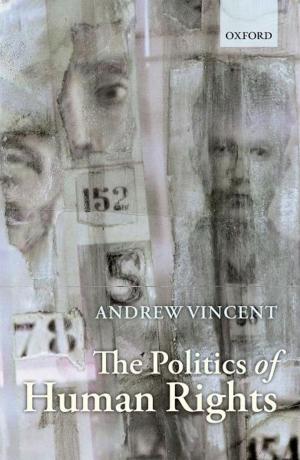The Robust Demands of the Good
Ethics with Attachment, Virtue, and Respect
Nonfiction, Religion & Spirituality, Philosophy, Ethics & Moral Philosophy, Health & Well Being, Psychology| Author: | Philip Pettit | ISBN: | 9780191046605 |
| Publisher: | OUP Oxford | Publication: | May 14, 2015 |
| Imprint: | OUP Oxford | Language: | English |
| Author: | Philip Pettit |
| ISBN: | 9780191046605 |
| Publisher: | OUP Oxford |
| Publication: | May 14, 2015 |
| Imprint: | OUP Oxford |
| Language: | English |
Philip Pettit offers a new insight into moral psychology. He shows that attachments such as love, and certain virtues such as honesty, require not only their characteristic positive behaviours in the actual world (i.e. as things are), but preservation of those characteristic behaviours across a range of counterfactual scenarios in which things are different from how they actually are. The counterfactual 'robustness', in this sense, of these behaviours is thus part of our very conception of these attachments and these virtues. Pettit shows that attachment, virtues, and respect all conform to a similar conceptual geography. He explores the implications of this idea for key moral issues, such as the doctrine of double effect and the distinction between doing and allowing. He articulates and argues against an assumption, which he calls 'moral behaviourism,' which permeates contemporary ethics.
Philip Pettit offers a new insight into moral psychology. He shows that attachments such as love, and certain virtues such as honesty, require not only their characteristic positive behaviours in the actual world (i.e. as things are), but preservation of those characteristic behaviours across a range of counterfactual scenarios in which things are different from how they actually are. The counterfactual 'robustness', in this sense, of these behaviours is thus part of our very conception of these attachments and these virtues. Pettit shows that attachment, virtues, and respect all conform to a similar conceptual geography. He explores the implications of this idea for key moral issues, such as the doctrine of double effect and the distinction between doing and allowing. He articulates and argues against an assumption, which he calls 'moral behaviourism,' which permeates contemporary ethics.















